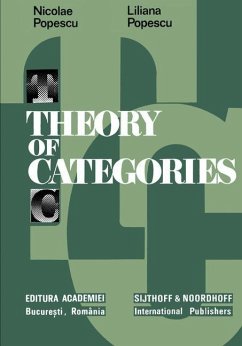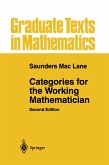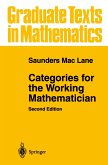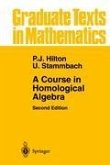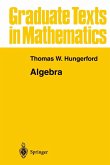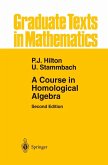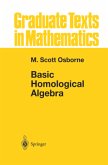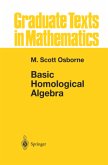Although it is a relatively .l'oung branch of mathematics, category theorJ; has already achieved important results that are dispersed in a great number of papers and gathered in some monographs. For this reason, to write a new monograph on the theory of categories is easy, due to the abundance of material, but also difficult, due to the great quantity of ideas and results. In this work we try to give all exposition of some of the ideas and results of the theory of categories. We use current terminology and build as simple a framework as possible, but nevertheless sufficient to enable the reader of this book to understand most of the research papers deroted to this theory. In order to read this book e{fectil'ely, the reader is assumed to possess some knowledge of set theory, as well as some elementary facts from algebra and general topology. However, the reader should hare mathematical maturity. The first chapter deals with the general stud}' of categories. Here the basic notions are introduced and most of the fundamental results are proved. The second chapter discusses the problem of the completion of categories. Brief!:!-' said, this means the embedding of a gil'en category into a category that possesses some additional properties, e.lpeciallr those connected with the existence of limits and colimits. The third chapter covers the algebraic categories, i.e. categories of universal algebras and their general study. as well as the study of the functors between them.
Hinweis: Dieser Artikel kann nur an eine deutsche Lieferadresse ausgeliefert werden.
Hinweis: Dieser Artikel kann nur an eine deutsche Lieferadresse ausgeliefert werden.
